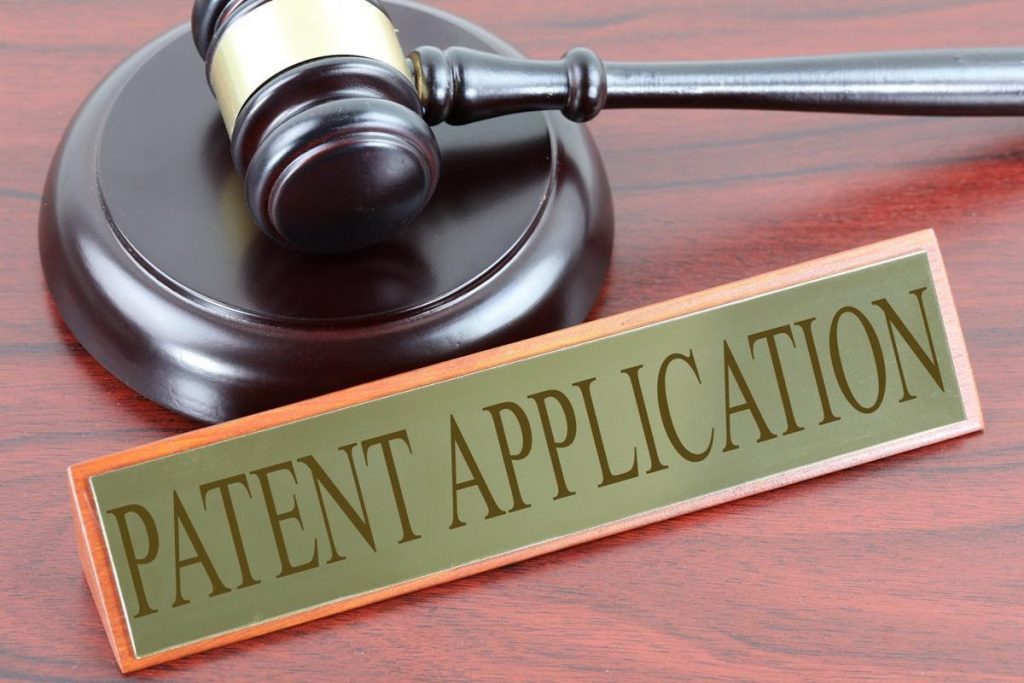
Utility Patent – Some of Your Questions Answered
The process of getting a patent can be quite difficult to understand if you don’t know anything about it. However, they are very valuable assets. In this article, we are going to answer some of the questions that you may be thinking about concerning patents
Table of Content
- 1 What Is A Utility Patent?
- 2 What Is the Difference Between A Design and A Patent for Invention?
- 3 What Types of Patents Are There?
- 4 Can Someone Steal My Idea If I Have A Utility Patent Pending?
- 5 How Much Does It Cost to Get A Utility Patent?
- 6 Are Utility Patents Worth It?
- 7 How Long Does A Utility Patent Last?
- 8 Can A Utility Patent Be Renewed After 20 Years?
- 9 Is Getting A Utility Patent Difficult?
- 10 Do I Need A Design or Utility Patent?
- 11 What Qualifies for Patent Protection?
- 12 Can I Protect My Idea Without Being Patented?
- 13 Can My Patent Be Taken by Someone Else?
- 14 Can an Existing Idea Be Patented?
- 15 Why Do Utility Patents Expire at the End of 20 Years?
- 16 What Does A Patent Attorney Do?
- 17 Benefits of Utility Patents
- 18 Conclusion
What Is A Utility Patent?
A utility patent (also referred to as a patent for invention) is a legal tool that protects the production of a valuable product, machine or process. Utility patents forbid a company or an individual from using, making or selling someone else’s invention without the authorization to do so.
What Is the Difference Between A Design and A Patent for Invention?
Design patents protect a product’s appearance from being stolen, while utility patents protect a product’s functions from being stolen. If you want to get the design kind, remember that they only prevent someone from copying the appearance of your product not the function.
What Types of Patents Are There?
There are three of them: Design, utility, and plant patents. Like we said before, the design patent protects the look of a product while the utility kind protects the functioning of a product. Now, plant patents protect a new and unique plant’s features from being copied by someone else.
Can Someone Steal My Idea If I Have A Utility Patent Pending?
Yes, they can. But once your application has been granted, no one can use or sell your product without your authorization.
How Much Does It Cost to Get A Utility Patent?
It will cost anywhere from $8,000 to $20,000. But prices may differ sometimes. Click here to find out more about how much you might have to spend in your peculiar situation.
Are Utility Patents Worth It?
They really are if you have a valuable product that can be successfully sold. If you wouldn’t like your product idea to be stolen by someone else, you should think about getting it.
How Long Does A Utility Patent Last?
They last for 20 years. They are in force for twenty years after the application has been granted. But periodic fees need to be paid to maintain a patent’s enforceability.
Can A Utility Patent Be Renewed After 20 Years?
This can’t be done no matter what country you are in. you pay lapsed fees every 6 months for 20 years, but after that you can’t renew it.
Is Getting A Utility Patent Difficult?
Yes, it is. The process can be expensive and seriously time consuming. And since they are complex, it may be hard to understand them. But since they are so valuable, they are worth getting.
Do I Need A Design or Utility Patent?
Well, it depends on what you want to get the patent for. If you don’t want your competitors to copy the look of your product, design patents are for you. But if it’s the functional features you don’t want anyone to copy, a utility kind is the right choice.
What Qualifies for Patent Protection?
Your invention has to be one of the following to be patented:
- A machine
- A Process
- A Product
- Or a composition: for example, a newly discovered chemical compound.
Your invention also has to be useful, inventive, and new. Click Here to know more about what can be patented.
Can I Protect My Idea Without Being Patented?
No, this can’t be done. Despite what you might have heard, there isn’t any effective way for you to protect your idea except by patents. And even then, you’d have to do more than have just an idea. You’d have to develop it into a concept for it to qualify. Copyrights are used for protecting creativity and expression not inventions.
Can My Patent Be Taken by Someone Else?
Well, it isn’t legal for someone to do so to your invention. However, it might happen. But if your competitor steals your patented invention, you can sue them for it.
Can an Existing Idea Be Patented?
No, it can’t. If the idea has become an invention and is known well in the market, it can’t be patented. It doesn’t matter whether that invention has been patented already or not. patents are granted for useful, non-obvious, and novel inventions.
Why Do Utility Patents Expire at the End of 20 Years?
This is because lasting too long can put a constraint on people who want to improve existing technology.
What Does A Patent Attorney Do?
They help their clients obtain patents. They also describe the invention, the claims, and present the case for why their clients should be granted patents. It is best that you work with professionals in your location. For example, you may need to find a New Jersey attorney versed in issues relating to patents if you reside in New Jersey and its environs.
Benefits of Utility Patents
Now, let us talk about some benefits of patents…
Higher Price and Profit
This is one great benefit of getting a patent. If an inventor’s product has a high market demand, patents will let them increase their product’s price. This doesn’t increase the demand. So, this benefits only inventors whose products are high in demand.
If the demand for a product is high enough, it can then be used to stop other people from using or selling other versions of that particular product. Simply put, it allows only the owner to sell the patented product.
Nobody can compete against you
This is another great benefit of being patented. Because they protect your invention, no one can sell your patented product in the market. If the inventor’s competitors do put the patented product in the market, they can be sued by the inventor. They will also have to return any profits they made from it and stop any future sales unless they get the permission of the patent owner.
However, remember that patents aren’t granted immediately after filling the application. It will just be patent pending. At this time, the competitors can use the product and not face any penalties for it. You can only sue them after the application has been granted. You can wait for months or as many as five years before your application will be granted.
Conclusion
Now that we have answered some of your questions, it is up to you to decide whether you think patents are really worth it. Like we said before, the process may be tiring and expensive, but once you get one, the benefits you’ll enjoy will make the hurdles you surmounted worthwhile.


